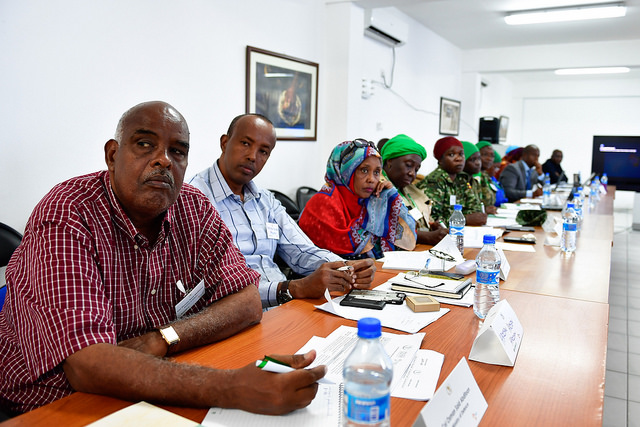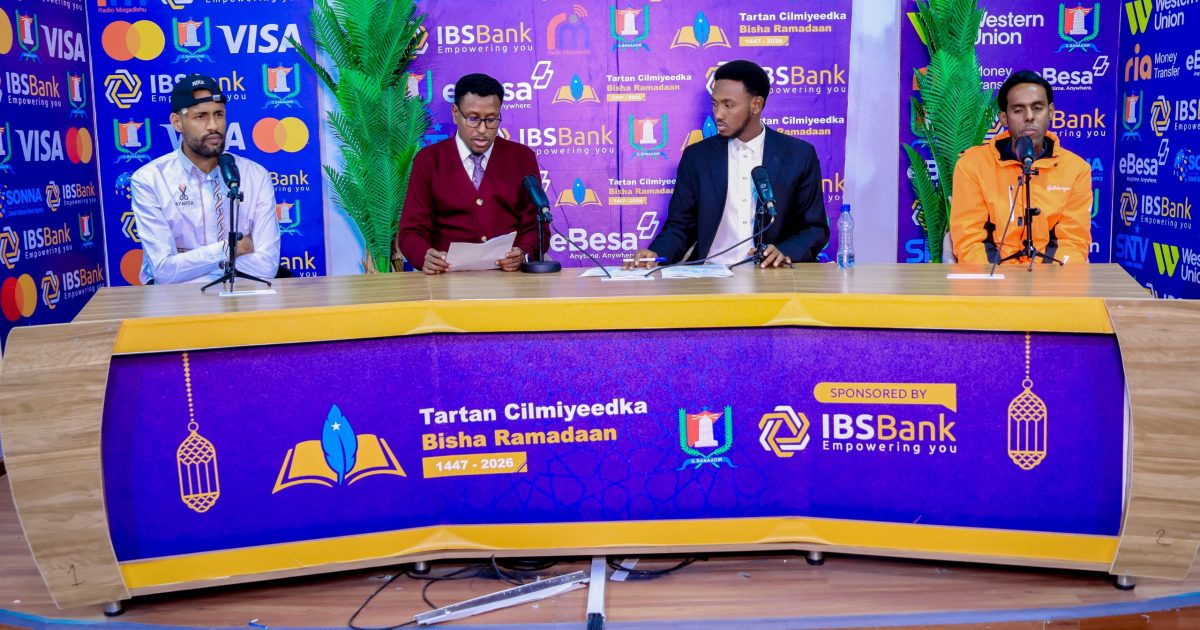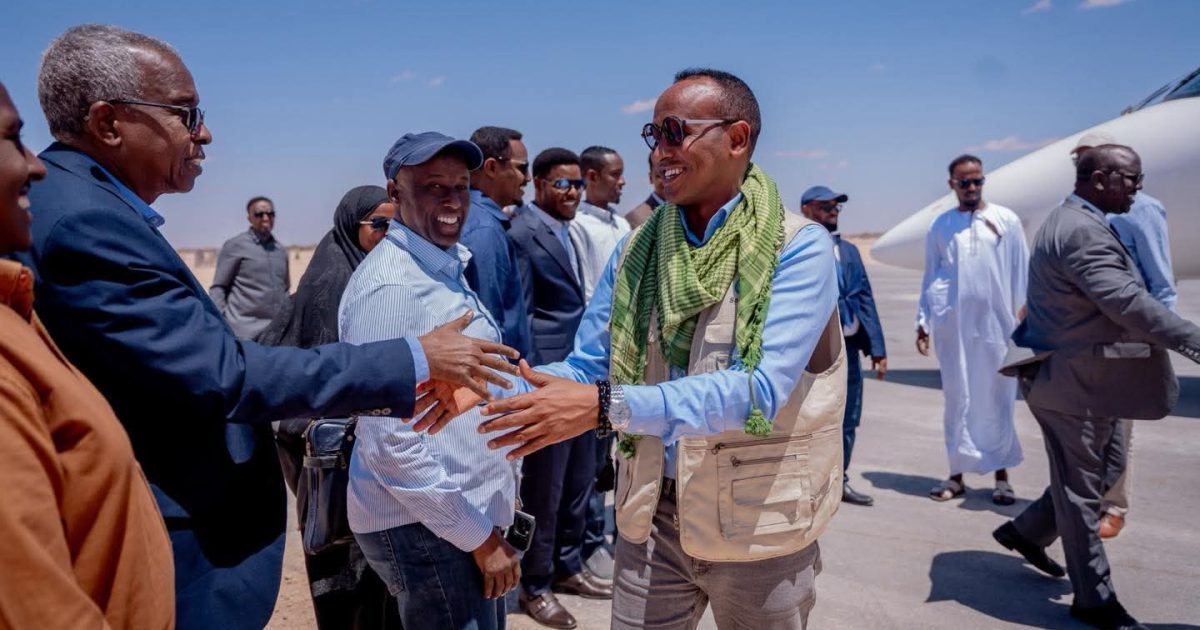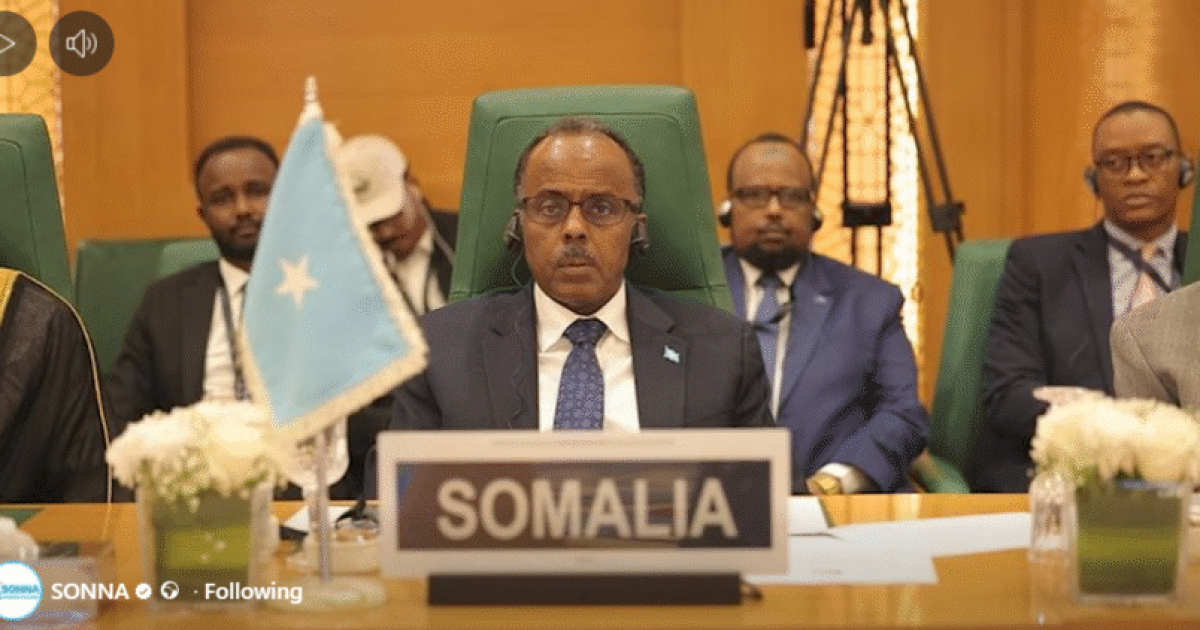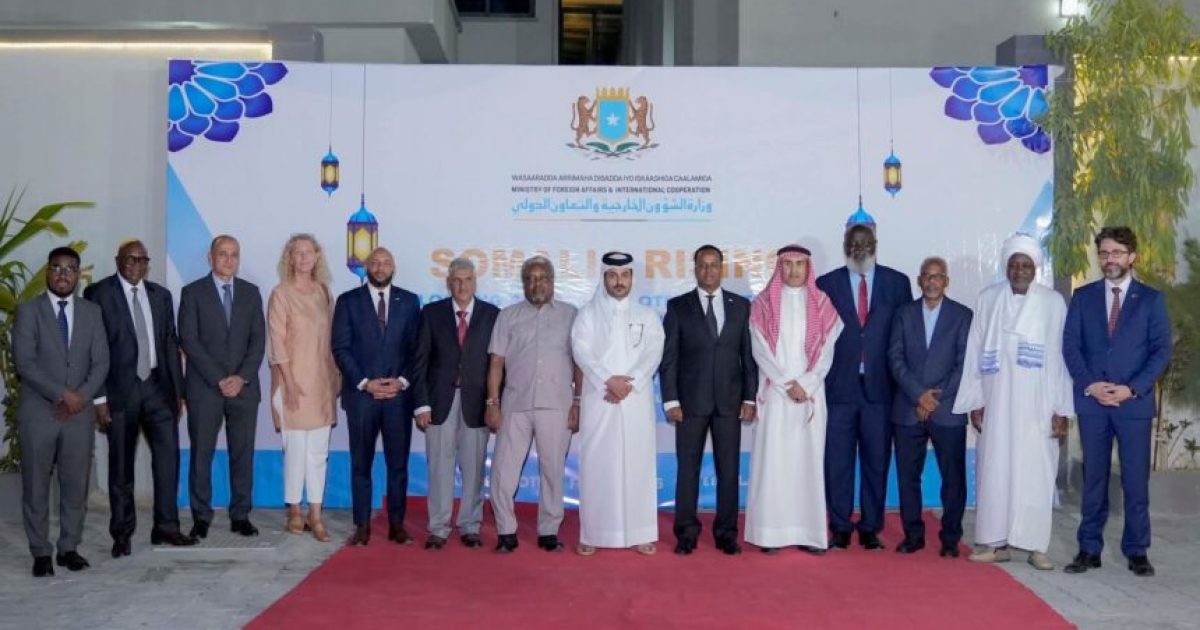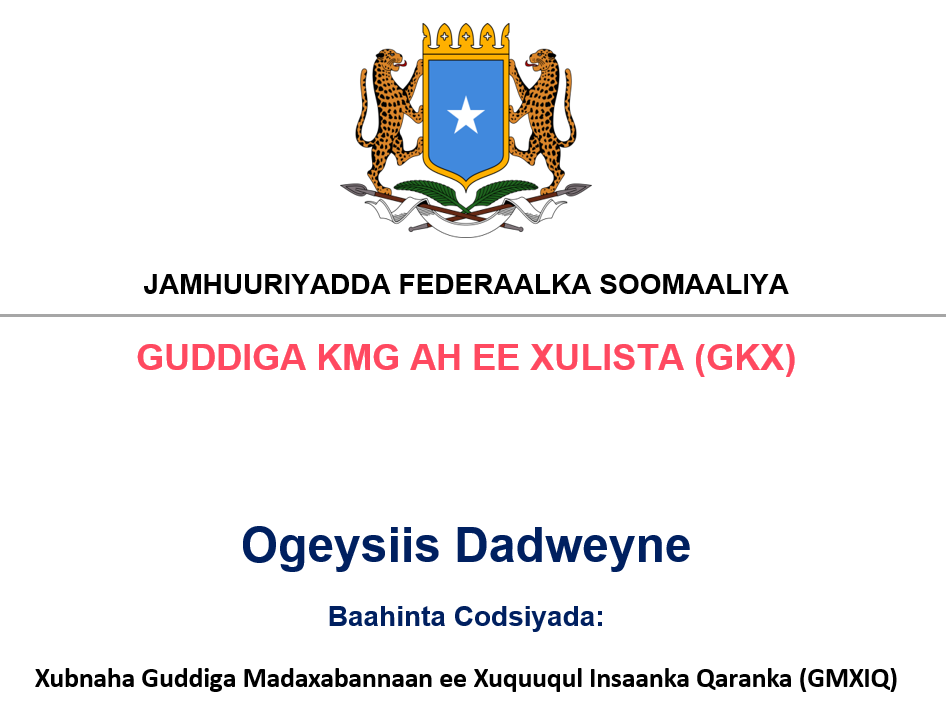The African Union Mission in Somalia (AMISOM) is reviewing its gender strategy plan which is set to expire end of this year.
The five year strategy plan was formulated in 2012 to help AMISOM integrate gender issues in its activities in compliance with the African Union Constitutive Act and the various United Nations Security Council mandates.
A two-day workshop has been convened to review and come up with an updated strategy which will capture, among others, the latest AMISOM mandate and the recently adopted comprehensive approach to security whose main objective is to secure Somalia.
The workshop organized by AMISOM’s Protection, Human Rights and Gender Unit in conjunction with the African Centre for the Constructive Resolution of Disputes (ACCORD), is also expected to formulate a gender mainstreaming architecture that includes all the components of AMISOM peacekeeping mission and ensure coherent implementation of the updated strategy.
The meeting is being attended by senior African Union officials including the Special Representative of the Chairperson of the African Union Commission (SRCC) for Somalia, Francisco Madeira; the Senior Political Officer at the African Union Commission, Semiha Abdulmelik; the Coordinator, Peacekeeping Unit, ACCORD, James Machakaire; Federal Government of Somalia (FGS) officials; Gender officers from AMISOM and the Somali National Security Forces and members of the civil society.
Speaking during the opening ceremony, yesterday, Ambassador Madeira, told the participants to ensure the updated strategy is not only aligned to the Mission’s mandate but also focuses on empowering Somalis on gender issues.
“I am looking forward to seeing an updated gender strategy that responds to the latest mandate of AMISOM, the Comprehensive Approach to Security, and the knowledge that AMISOM has an exit strategy which underlines the imperative of transferring all pertinent skills to the Somalis,” the SRCC noted.
Ambassador Madeira reiterated the Mission’s commitment to building the capacity of the Somali National Security Forces to enable them take over responsibilities from AMISOM.
For her part, Ms. Abdulmelik described the review as timely given that both Somalia, which has registered a number of positive changes, and AMISOM are entering a new phase, which makes the review necessary.
“After 10 years of deployment, AMISOM is now entering a transition phase which is focused on increasing support to Somali institutions and efforts under Somali leadership and Somali ownership. The new resolution re-authorizing AMISOM, presents AMISOM with a number of priority tasks and this will inform and shape the focus of AMISOM’s internal and external efforts in the coming period,” Ms. Abdulmelik noted.
SRCC Madeira, who is also the Head of Mission, hailed the AMISOM Gender Unit for a job well done, noting that the strategy under review had registered tremendous success, which included, among others, advocating for Somali women’s participation in politics and highlighting the importance of women in peacekeeping.
“AMISOM actively worked to further the participation of Somali women in the electoral process and this appropriately led to a significant increase in female representation across the political spectrum of Somalia,” Ambassador Madeira noted.
The SRCC observed that AMISOM working closely with Troop Contributing Countries (TCC) has been increasing the number of women participating in peacekeeping in the past decade.
He noted that the number of women peacekeepers serving in the AMISOM military component had increased from 10 to 741 in the past decade, while the police component has managed to maintain the percentage of women peacekeepers at 20 percent.
Women peacekeepers, Ambassador Madeira noted, had helped establish a number of gender desks within the Somali Police Force in Mogadishu, Baidoa, Kismayo and Belet Weyne.
Other achievements include the creation of the CEEBLA ‘5555’ hotline to report sexual violence and abuse, gender training and sensitization of troops, implementation of measures and guidelines to prevent sexual exploitation and abuse, and the continuous improvement of facilities within AMISOM to address women’s needs.
Mr. Machakaire, hailed the good relations between ACCORD and AMISOM, which has enabled it contribute in advancing gender mainstreaming in Somalia, and pledged the organization’s continued support.
“I believe that the outcomes of this workshop will outline our further engagements in the years to come and ACCORD will continue to allocate resources to further efforts in the spirit of African solutions to African challenges,” Mr. Machakaire noted.
The United Nations Security Council in August extended the mandate of AMISOM to 31 May 2018 and approved a reduction of the size of its uniformed personnel to 21,626 by 31 December 2017, as it plans for gradual handover of responsibilities to Somali security forces.


